Sustainable Development Fund
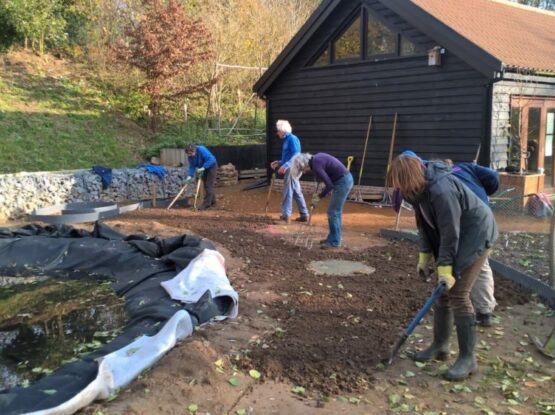
The Sustainable Development Fund (SDF), supported by Anglian Water, is available to a variety of local community and conservation organisations (or individuals) to support projects for the conservation and enhancement of the natural beauty of the Dedham Vale National Landscape.
There is an annual application process. The Sustainable Development Fund is a fund provided by the Department for Environment, Food and Rural Affairs (Defra) to enable local communities and other organisations to make a difference in National Landscapes by promoting and achieving sustainable development, partnership, and social inclusion.
The Dedham Vale National Landscape manages the Fund and works with local organisations to encourage project development and applications. These projects focus on integrating the environment, local communities, and the economy so that the unique landscape of the National Landscape is conserved and its natural beauty enhanced, making it more enjoyable for all.
In 2024-25 the Dedham Vale National Landscape Sustainable Development Fund has a fund of £30,000 to distribute. The fund can award up to 70% of project costs, with community organisations being able to include ‘in kind’ contributions. For example, the value of volunteer time spent working on the project may be costed into the budget.
Organisations who are seeking a grant up to/in the region of £500 can apply for 100% of the total project costs.This is intended to support small projects and
grassroots organisations where finding match funding would be prohibitive to delivering important local conservation.
The Sustainable Development Fund wishes to attract applications from the widest range of society possible and supports equality of opportunities to access this fund. If there is anything that the team can do to facilitate this process, please contact National Landscape Grants Officer, Oka Last, on 01473 265558, or email grants@suffolkandessex-NL.org.uk.
How much funding can a project apply for?
There is formally no limit on the amount to be applied for per application. The panel usually award up to £5,000 per project although in exceptional circumstances higher awards may be made.
When will funded projects be delivered?
Projects for this grant must run between August 2024 – 13th March 2025.
The Sustainable Development Fund Application Timeline:
- Opens: 12th January 2024
- Closes: Grant applications must be received by 24th May 2024
- Applicants will be notified of the outcome of their application by late July 2024 and may begin project delivery from August 2024
- All projects must be completed by 13th March 2025
Sustainable Development Fund Case Studies
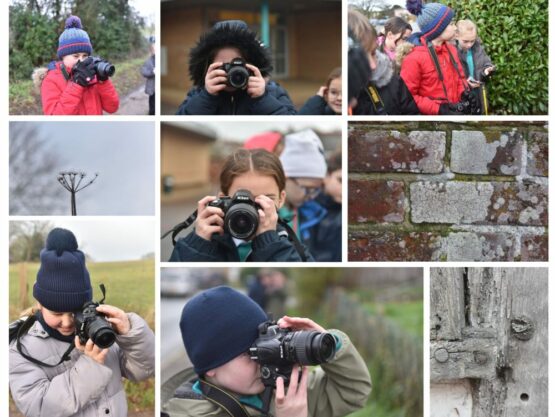
Big Fish Photography & Snap School
For the 2022-23 funding year, Big Fish Photography & Snap School were awarded £3,500 from the Dedham Vale National Landscape Sustainable Development Fund for a project to engage local primary schools and children with nature and the landscape.
The Letters in the Landscape project aimed to develop and deliver walking photography workshops that would provide an opportunity to connect students to their local environment by exploring its beauty through photography.
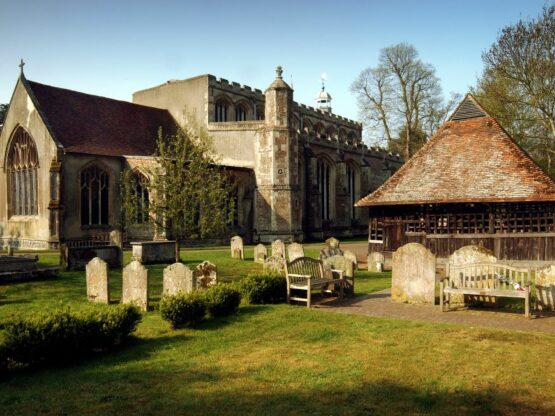
St Mary's Church, East Bergholt
For the 2021-22 funding year, St Mary’s Church in East Bergholt has been awarded £3,000 to support the placement of a freestanding digital screen inside the church to educate tourists, members of the local community, and school children about the Grade 1 listed medieval church, and unique bell cage.
St Mary’s Church is centred in East Bergholt which lies within the Dedham Vale National Landscape. It is a medieval church with an interesting history, and a significant connection to the artist John Constable and his family.
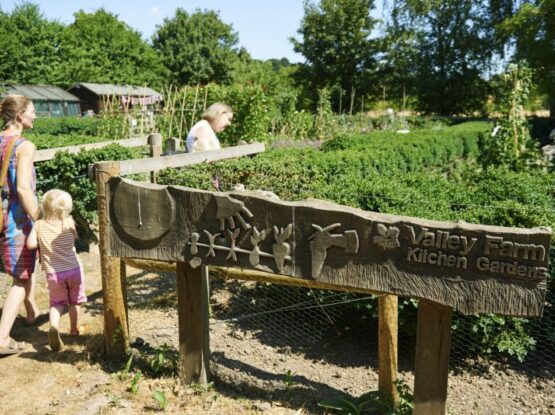
Photo credit: National Trust / Trevor Ray Hart
National Trust Flatford: Valley Farm Kitchen Garden
For the 2021-22 funding year, National Trust Flatford have been awarded £2,210 for their Valley Farm Kitchen Garden - Grow it Wild Children’s Project.
The aim of the project is to engage with local primary schools, enabling children to participate in gardening sessions at Valley Farm Kitchen Garden.
The main objective is to utilise food growing to teach children about soil, nutrition, science, and life cycles.
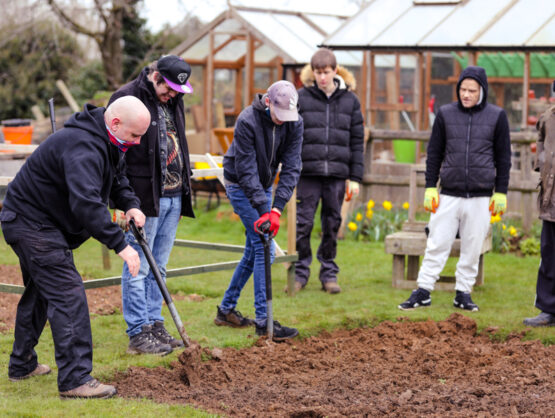
Abberton Rural Training
For the 2020-21 funding year, Abberton Rural Training (ART) were awarded £894 to purchase a water collection system, wheelbarrows, and equipment for their base in the village of Wormingford, Essex.
ART is an educational charity providing rural training activities and courses for a variety of groups, including young people aged 17-24 who are not in education, employment, and training, as well as people with lifelong conditions, mental health issues, physical and learning disabilities.
Downloads
Previous projects supported:
- 2023-24 Funded Projects (PDF)
- 2022-23 Funded Projects (PDF)
- 2021-22 Funded Projects (PDF)
- 2020-21 Recovery Grant Funded Projects (PDF)
- 2020-21 Funded Projects (Word document)
- 2019-20 Funded Projects (Word document)
- 2018-19 Funded Projects (Word document)
- 2017-18 Funded Projects (Word document)
- 2016-17 Funded Projects (PDF)
- 2015-16 Funded Projects (PDF)
- 2014-15 Funded Projects (Word document)
